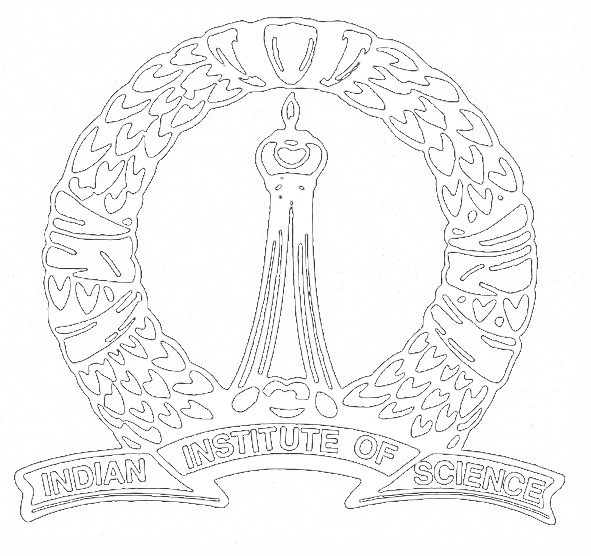Eigenfunctions Seminar
Title: Superimposing theta structure on a generalized modular relation
Speaker: Atul Dixit (IIT, Gandhinagar)
Date: 11 October 2019
Time: 3 – 5 pm (with a 15 minute break at 3:45)
Venue: LH-1, Mathematics Department
Modular forms are certain functions defined on the upper half plane that transform nicely under $z\to -1/z$ as well as $z\to z+1$. By a modular relation (or a modular-type transformation) for a certain function $F$, we mean that which is governed by only the first map, i.e., $z\to -1/z$. Equivalently, the relation can be written in the form $F(\alpha)=F(\beta)$, where $\alpha \beta = 1$. There are many generalized modular relations in the literature such as the general theta transformation $F(w,\alpha) = F(iw, \beta)$ or other relations of the form $F(z, \alpha) = F(z, \beta)$ etc. The famous Ramanujan-Guinand formula, equivalent to the functional equation of the non-holomorphic Eisenstein series on ${\rm SL}_{2}(\mathbb{Z})$, admits a beautiful generalization of the form $F(z, w,\alpha) = F(z, iw, \beta)$ recently obtained by Kesarwani, Moll and the speaker. This implies that one can superimpose the theta structure on the Ramanujan-Guinand formula.
The current work arose from answering a similar question - can we superimpose the theta structure on a recent modular relation involving infinite series of the Hurwitz zeta function $\zeta(z, a)$ which generalizes an important result of Ramanujan? In the course of answering this question in the affirmative, we were led to a surprising new generalization of $\zeta(z, a)$. This new zeta function, $\zeta_w(z, a)$, satisfies interesting properties, albeit they are much more difficult to derive than the corresponding ones for $\zeta(z, a)$. In this talk, I will briefly discuss the theory of the Riemann zeta function $\zeta(z)$, the Hurwitz zeta function $\zeta(z, a)$ and then describe the theory of $\zeta_w(z, a)$ that we have developed. In order to obtain the generalized modular relation (with the theta structure) satisfied by $\zeta_w(z, a)$, one not only needs this theory but also has to develop the theory of reciprocal functions in a certain kernel involving Bessel functions as well as the theory of a generalized modified Bessel function. (Based on joint work with Rahul Kumar.)
- All seminars.
- Seminars for 2019
